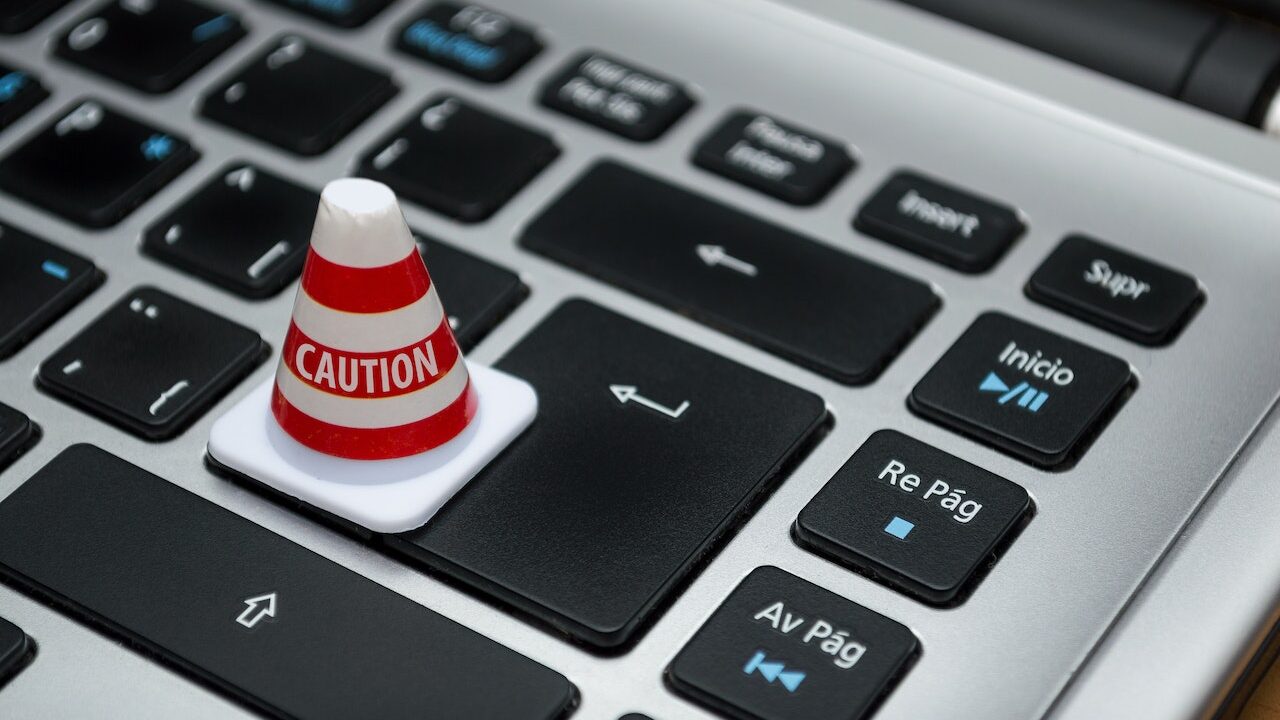
Data security has become a top priority in today’s digital age, as personal data is generated and transmitted at an unprecedented rate. As technology advances, so do the methods used by criminal actors to exploit weaknesses and violate individuals’ privacy rights. As a result, data security measures have evolved, relying on innovative technology to protect sensitive information and maintain user privacy.
There are numerous laws in place around the world to protect our data from unintentional sharing or theft, particularly in the healthcare sector, where organizations must be HIPAA compliant to secure patients’ personally identifiable information. But it is not simply institutions that must safeguard our interests. In this digital world, we must also take precautions to protect our privacy.
Data Security
Data assists us in navigating modern life. This information includes our names, residences, social security numbers, contact information, account information, gender, marital status, religious beliefs, and other information. Criminals may use some of this information to impersonate us in order to commit crimes or conduct illicit activities. Alternatively, they can steal important data and demand a ransom in exchange for its safe return. Unscrupulous marketers offer items and services indiscriminately using stolen data.
VPNs (Virtual Private Networks)
When conducting fraud and other crimes online, criminals use VPNs to mask their names and locations. VPN software can also help you safeguard your identity from hackers and other cyber criminals.
Every device (a MAC address) and every network connection (an internet protocol or IP address) has a unique identity. A VPN, such as NordVPN or Surf Shark, conceals these details and thus obscures your online footprint, making it more difficult for cyber criminals to target you or intercept the data you transfer. A VPN can also keep marketers from tracking you and using targeted communications to sell you items and services.
Using a VPN can also protect you from spear phishing assaults, in which a criminal repeatedly targets an individual in order to get personally identifying information or access credentials. If you have privileged access to data, such as an administrator for a healthcare facility or an educational institution, a VPN can provide an additional layer of data protection.
HTTPS stands for Secure Hypertext Transfer Protocol.
If you’re sending a confidential communication or making a financial transfer online, make sure your transmission method is secured. Encryption implies that the data is encoded before transmission and decoded at the receiving end. Anyone who intercepts the data while it is in transit will be unable to decipher it.
There are two simple techniques to determine whether a website is encrypted. The first difference is that the URL will start with HTTPS. The letter S stands for secure. The display of a closed padlock icon in the address bar is the second indicator that your transmission is encrypted.
Encryption
Other types of encryption, in addition to HTTPS, can help you keep your data private. You can buy encrypted USB drives so that only those with the keys can access the data. This is useful in the event of theft or accidental loss, as this is how many personal records are accessed by people with no authorization.
It is critical that you use encrypted cloud storage options. Because cloud services have access to so much data, cyber criminals target them. Check to see if your third-party cloud service provider has rules and processes in place to protect client data.
Antivirus software
Installing and maintaining antimalware software on your devices, such as McAfee, is one of the most important things you can do to secure your data. Anti-malware software often performs all of the functions of antivirus software. Malware includes Trojans, worms, viruses, and other malicious code that can damage your device and allow a hacker to access, steal, or modify your data.
Hackers are always creating new malware. To defend their clients from the most recent dangers, antimalware software vendors issue frequent updates. As a result, it is necessary to run antimalware software on a regular basis and to apply updates to protect your devices and data. When malware is discovered, the upgrades enable the application to respond quickly and efficiently.
Anti spyware
Spyware is a very dangerous type of virus that warrants its own section. Not all cyberattacks are like detonating explosives. Spyware can remain undetected on a computer for weeks, months, or years, allowing a hacker to access applications and data and obtain private information, such as the keys you press while entering passwords.
Spyware can be subtle but lethal. To preserve your data security, use an anti-spyware tool such as Spyware Detector Anti Spyware Scanner or an antimalware bundle that contains anti spyware.
Wrapping Up
As the digital landscape evolves, data security becomes more important than ever. Advanced technologies are critical in keeping sensitive information secure and confidential. Individuals and companies must be vigilant in order to thwart cyber dangers and comply with current data security requirements. We can create a safer digital environment and develop trust in an increasingly interconnected society by adopting cutting-edge technologies.








